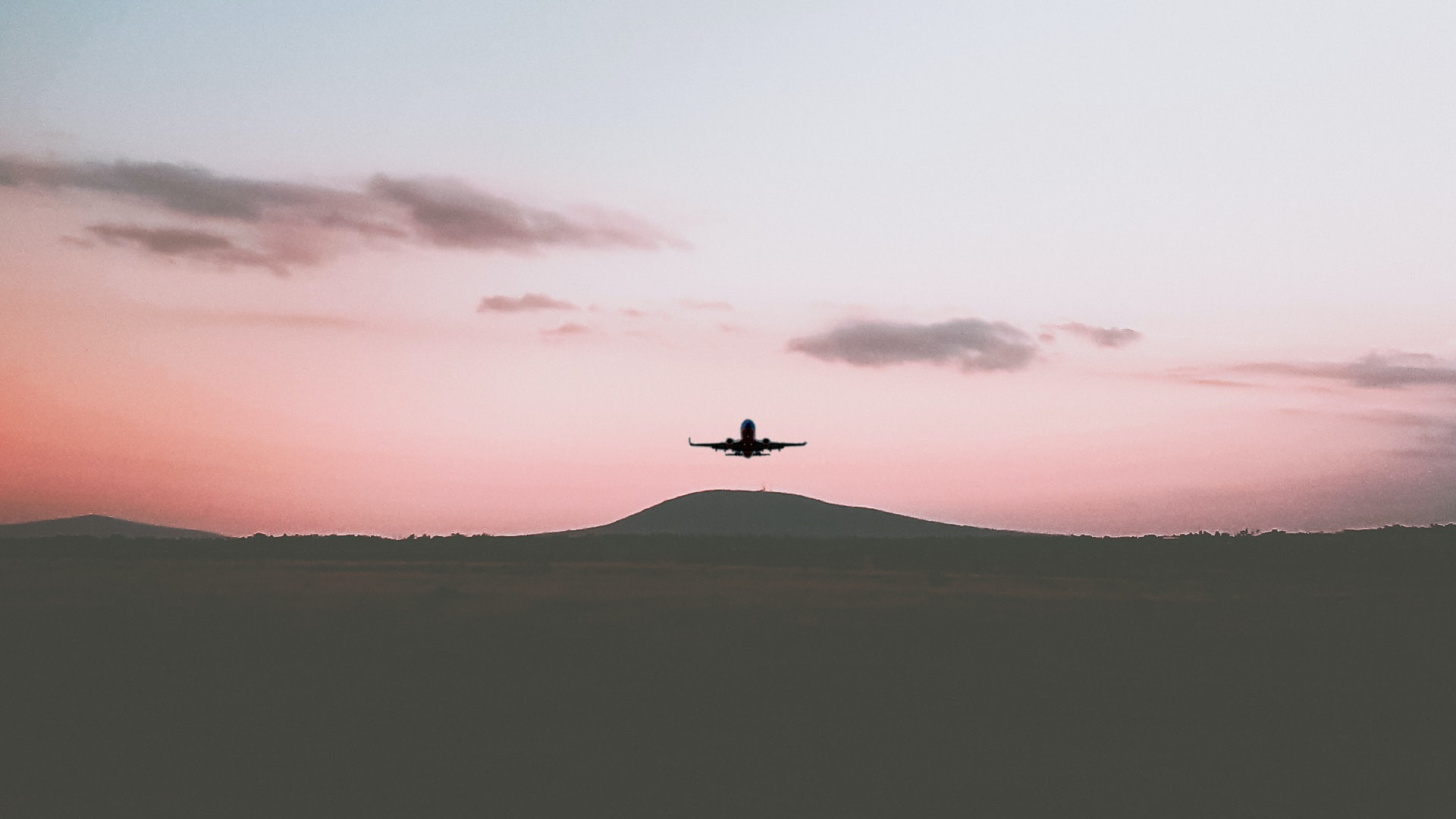What You Need to Know Before Traveling with CBD Products

Introduction to CBD
CBD is a cannabinoid, which is naturally found in marijuana plants and can make up to around 40% of the extract. Using CBD in isolation will not cause a ‘high’ as it does not contain THC - this is another element that comes from the marijuana plant.
History of CBD
Due to there being a lot more talk and research surrounding CBD in recent years, it could be understood how some people believe CBD and its benefits are new discoveries. However, the first recorded use of CBD is from 2737 BC, when a Chinese Emperor named Sheng Nung drank cannabis-infused tea in order to combat multiple different illnesses.
In the last 80 years, there have been huge leaps forward in terms of discoveries and research around CBD. For example, in 1940, Robert S. Cahn discovered the first individual cannabinoid within a marijuana plant and stated that it was fully formed. Then, a couple of years later in 1942, a professor at the University of Illinois called Roger Adams, successfully managed to isolate the first cannabinoid (CBD) and his continued research led to the discovery of THC.
The full extent of CBD and its properties are still being researched and understood today. In recent years, there has been a large rise in its popularity, especially in the United States. This can be demonstrated, in 1996, California passed what is known as ‘Proposition 215’ and became the first state to legalise medical cannabis. Once this first step was taken, another 7 states followed in California’s footsteps.
Despite some legalisation of CBD occurring, there was still some apprehension throughout the US about the use of CBD and medical marijuana. However, this stigma began to shift during the 2000s as people began sharing more about how using CBD has benefited them in a multitude of ways. This has managed to help more people understand the real positives of legalising the use of CBD. In 2018, the ‘Farm Bill’ was passed, which meant it was now legal to produce, buy and use cannabidiol.
What You Need to Know Before Traveling with CBD
United Kingdom
In terms of travelling to and within the UK, you are able to fly to the UK with a CBD product, providing it meets UK laws. The current law which is in place states that the products cannot contain any THC and it has to have been designed and processed with the intention of human consumption. In addition to this, some flight providers may have their own rules regarding travelling with CBD, therefore, it is always best to check before you fly.
When flying companies that do allow you to take CBD products with you, it is likely that you will be able to take your items with you in both your hand and hold luggage. If you do decide to take it with you in your hand luggage, it must also follow customs regulations which require all liquids to be under 100ml.
Europe
Other countries in Europe will have their own rules which should be followed should you decide to travel to them. These rules can vary slightly in terms of strictness, therefore you should make sure to do a good amount of research in advance. An example of these differences can be demonstrated in that; France has the same rules as the UK, but French authorities can have some strong views about CBD products and oils, therefore may ask questions you need to be prepared to answer.
Whereas, if you’re travelling to Belgium or the Netherlands, they both have more relaxed rules. For example, it has been decriminalised in both countries to have cannabis products which contain THC. As a result of this, you can take products with up to 3g of THC to Belgium and up to 5g to the Netherlands.
However, one country you have to ensure you do not take any kind of CBD product into is Slovakia. In Slovakia, CBD is seen as a controlled substance and due to this is illegal.
United States
Since the ‘Farm Bill’ was introduced in 2018, there has been a lot of confusion surrounding what’s actually allowed and where you can go in terms of CBD. One main rule in this bill is that CBD must be derived from hemp and not marijuana. However, currently, there is no official test for this, meaning that US airports have been struggling to determine whether or not CBD products are technically legal. There is currently research taking place to develop substance tests which detect THC effectively. Additionally, some states still have CBD categorised as illegal, so despite whether or not it’s available in your state, it is always good to check whether or not CBD is legal in the state you will be arriving in.
Furthermore, there are some discrepancies between federal and state laws, and some people can make the mistake of believing that federal laws always come above state laws, but that is not necessarily true. As of January 2020, the rule on the TSA website says: “Marijuana and certain cannabis-infused products, including some Cannabidiol (CBD) oil, remain illegal under fed law except for products that contain no more than 0.3 per cent THC on a dry weight basis or that are approved by the FDA”.
Asia
As a general rule, anything which is related to cannabis (including CBD and THC) is illegal. Hong Kong is one country which has legalised CBD, however, it still considers THC, cannabis and cannabinol (CBN) to be illegal as they’re believed to be dangerous drugs.
Africa
Generally, in Africa, CBD has been legalised for medical use, however, it cannot contain more than 0.03% THC. Additionally, producing cannabis for medical use is also monitored as it requires you to have a government-issued license. Each individual country within these areas as it is likely that they will have different laws, therefore make sure you do extensive research before travelling with CBD to anywhere within Africa.














